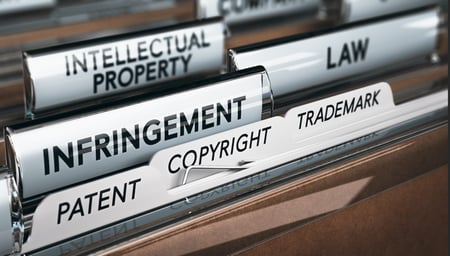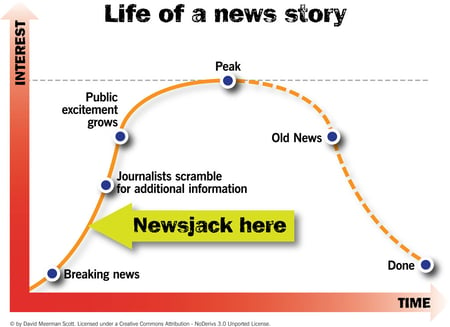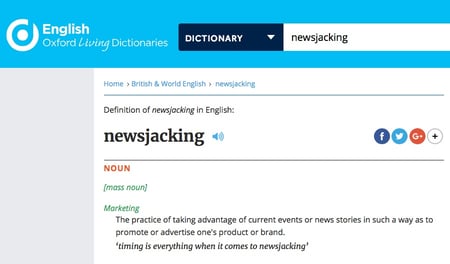 Lawyers will always tell you to formally trademark, patent, or copyright your idea. After all, you want to protect your intellectual property, right? Well, there is another way. If you want your ideas to spread far and wide, it’s best to let people freely share your work.
Lawyers will always tell you to formally trademark, patent, or copyright your idea. After all, you want to protect your intellectual property, right? Well, there is another way. If you want your ideas to spread far and wide, it’s best to let people freely share your work.
Your decision really comes down to your goals for creating something of value.
Will your work by itself make money such as a book published by a New York publisher or a movie from a Hollywood studio? Then it will need protection.
However, if your image, report, or methodology is something that is used either to benefit others or to make money somewhere else, consider making it freely available.
People won’t share if they might go to prison
The commonly accepted practice in most companies is to establish trademarks and copyrights and include legal terms and conditions on content and ideas.
This typical approach severely limits the ways people share those ideas because of the fear of prosecution. People don’t want to share something that might make them subject of a legal action resulting in financial damages or even prison!
If you want people to talk up your ideas, let them spread
 A great way to signal to people that it is okay to share your ideas is to use a Creative Commons license. Creative Commons is a nonprofit organization that helps overcome legal obstacles to the sharing of knowledge and creativity to address the world’s pressing challenges.
A great way to signal to people that it is okay to share your ideas is to use a Creative Commons license. Creative Commons is a nonprofit organization that helps overcome legal obstacles to the sharing of knowledge and creativity to address the world’s pressing challenges.
In particular, a Creative Commons license and public domain tools "give every person and organization in the world a free, simple, and standardized way to grant copyright permissions for creative and academic works. It ensures proper attribution and allows others to copy, distribute, and make use of those works."
While not required, a Creative Commons license on content says: “please share under these guidelines”.
I used this strategy when I started talking about Newsjacking a decade ago. I purposely chose not to add any “TM” or equivalent protection to the ideas. I chose not to call people out for sharing or modifying the ideas. Yes, I own the Newsjacking.com URL and I wrote a book with Newsjacking as the title. However, I chose not to legally "own" the rest of the content.
 For example, if you take a look at the newsjacking graphic, there is a Creative Commons license (small print at the bottom) which allows people to share it.
For example, if you take a look at the newsjacking graphic, there is a Creative Commons license (small print at the bottom) which allows people to share it.
Ten years after I first started talking about Newsjacking, others are talking about it all the time. How cool is that?!
A Twitter search for the hashtag #newsjacking brings up posts nearly every day. And there are 150,000 hits for the word newsjacking on Google.
 Now, newsjacking is even listed in the Oxford English Dictionary.
Now, newsjacking is even listed in the Oxford English Dictionary.
All of these mentions benefit me because as my ideas spread, more people know who I am. However, if I tried to control the concept of newsjacking by protecting the intellectual property that wouldn’t have happened.
You have a choice when it comes to your intellectual property.
Think it through and make the intelligent choice for you and your business. Always remember that the lawyers will prefer to protect the ideas.